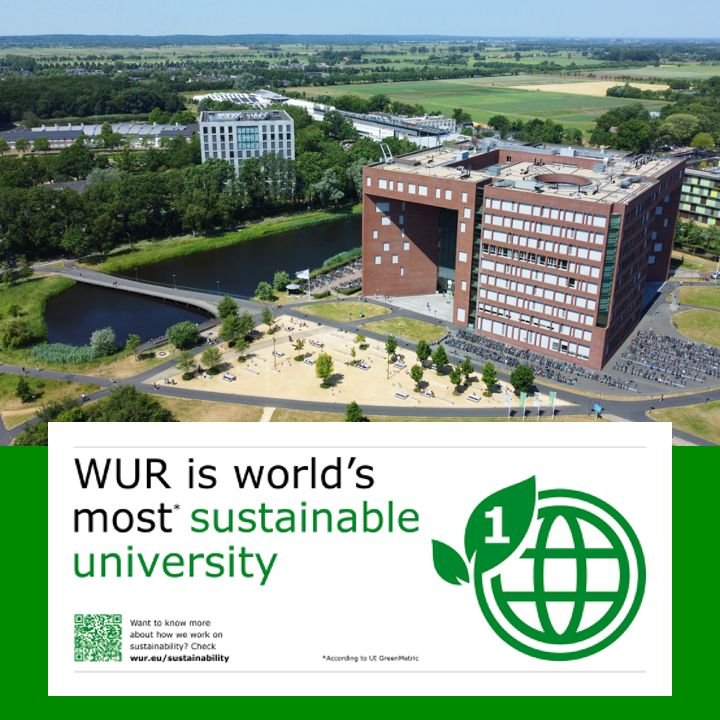
WUR Bee Research Programs: Supporting Global Sustainability, Peace, and Development
Wageningen University & Research (WUR) has launched several programs focused on the crucial role of bees in ecosystems through Bees@WUR. This initiative addresses bee health and mortality, examining how factors like diseases, pesticides, and food availability interact to impact bee populations. In light of the alarming decline in pollinators, which threatens global food security and biodiversity, WUR emphasizes the economic significance of bees, as they pollinate about 70% of crops essential for human consumption. Among its key initiatives is the BETTER-B project, a four-year effort to enhance beekeeping resilience against climate change and habitat loss. This initiative seeks to harmonize modern practices with natural processes to improve honey bee colonies' adaptation. WUR's commitment extends to collaborations that optimize bee health and pollination services, contributing substantially to the United Nations' Sustainable Development Goals (SDGs). Each project within WUR's sustainability framework explicitly aligns with these global priorities, underscoring the university's dedication to researching sustainable solutions for bee populations and the farmers reliant on their pollination services. These efforts aim to foster resilient bee systems capable of withstanding environmental challenges while continuing to deliver essential ecosystem services.